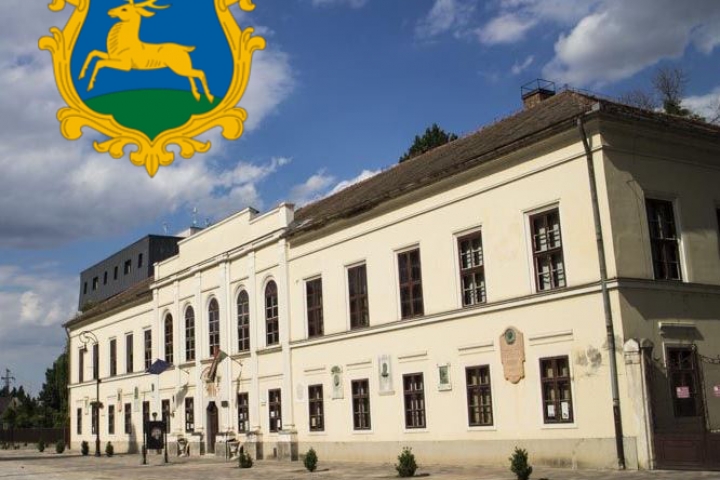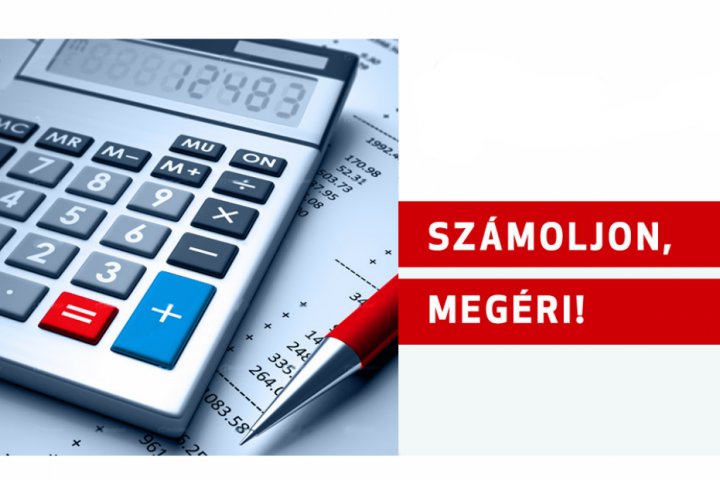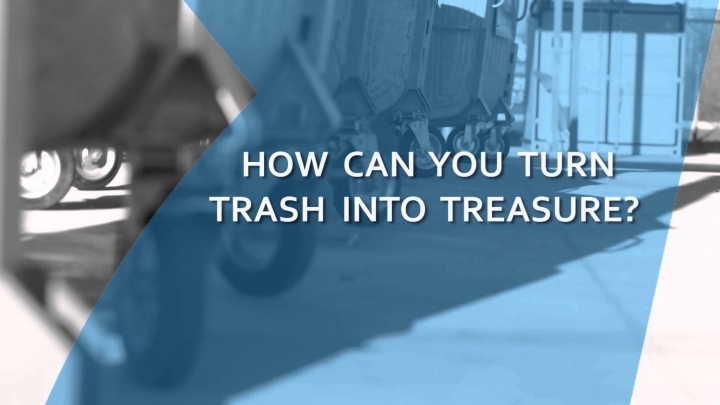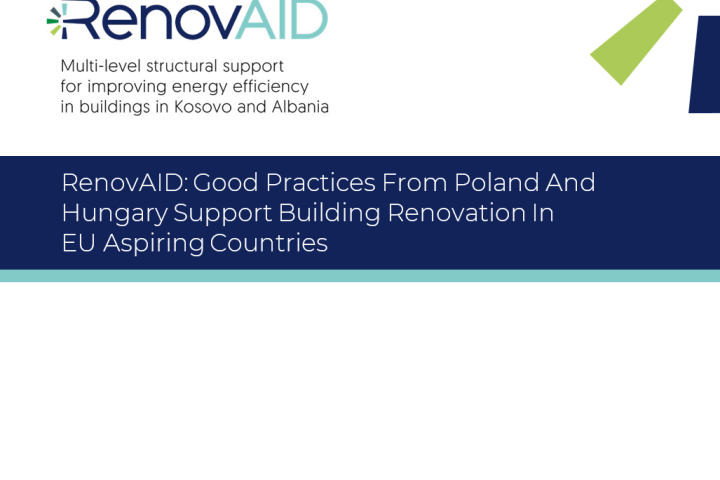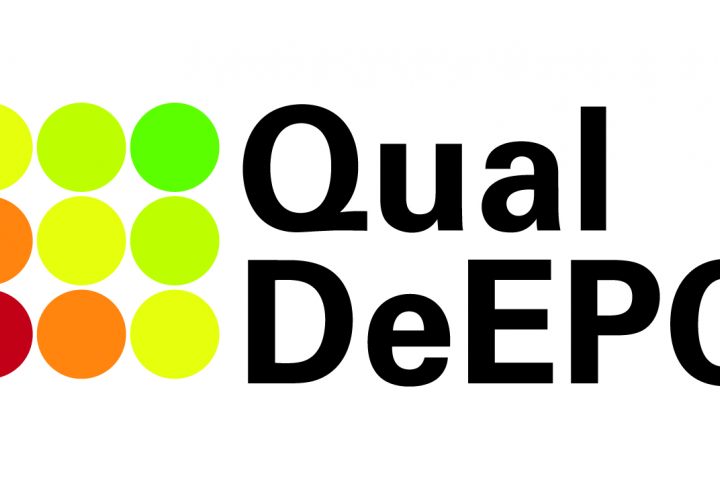Barriers and Solutions for Energy Efficiency in the Building Sector of Albania and Kosovo
Improving the energy efficiency of buildings plays a key role in mitigating climate change, strengthening energy security, and promoting sustainable development. Albania and Kosovo are both committed to this path—and the aim of the RenovAID project is to support these two countries in their energy transition and the necessary policy reforms.
Launched in 2024, the RenovAID project involves the Energiaklub Climate Policy Institute as a key partner. Our role is to support Albania and Kosovo—both aspiring to join the European Union—in improving the energy efficiency of their building stock by contributing to policy development and offering concrete, action-oriented recommendations with real potential for impact.
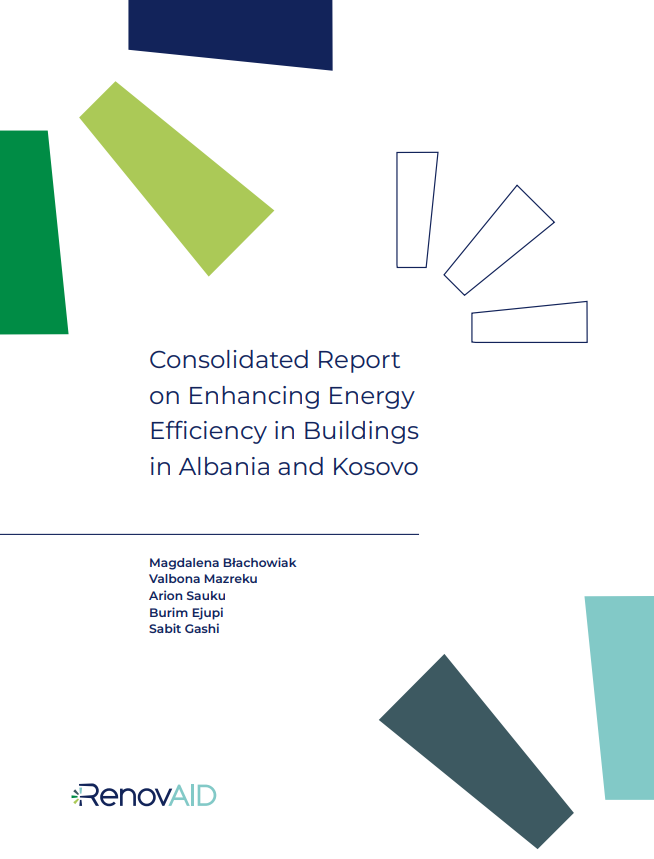 In Albania, energy efficiency regulations have already been introduced, such as a certification system for the energy performance of new and renovated buildings. However, several barriers continue to hinder the widespread adoption of energy-efficient solutions: high upfront investment costs, limited access to financing, the continued use of outdated technologies, and the lack of clarity in the regulatory framework all pose significant challenges.
In Albania, energy efficiency regulations have already been introduced, such as a certification system for the energy performance of new and renovated buildings. However, several barriers continue to hinder the widespread adoption of energy-efficient solutions: high upfront investment costs, limited access to financing, the continued use of outdated technologies, and the lack of clarity in the regulatory framework all pose significant challenges.
Kosovo faces similar issues in the building sector. Despite the adoption of the Law on Energy Performance of Buildings in 2016, its practical implementation has not lived up to expectations. Reliable data on energy consumption is lacking, and the regulatory framework remains misaligned with EU standards, such as the Energy Performance of Buildings Directive (EPBD). Additionally, low institutional capacity at the local level makes it difficult to enforce energy efficiency regulations.
📎 The full report is available in English: Consolidated Report on Enhancing Energy Efficiency in Buildings in Albania and Kosovo



